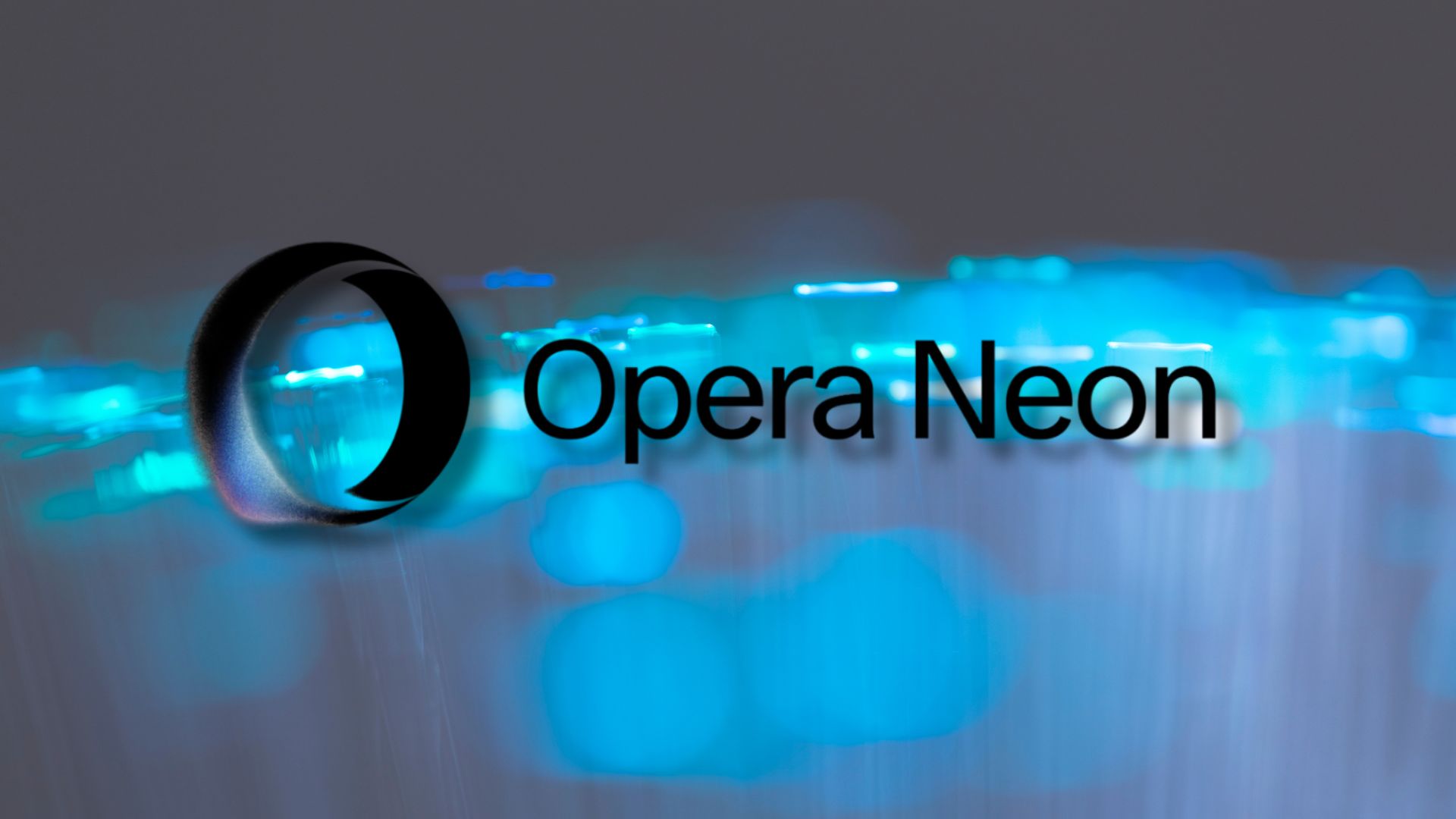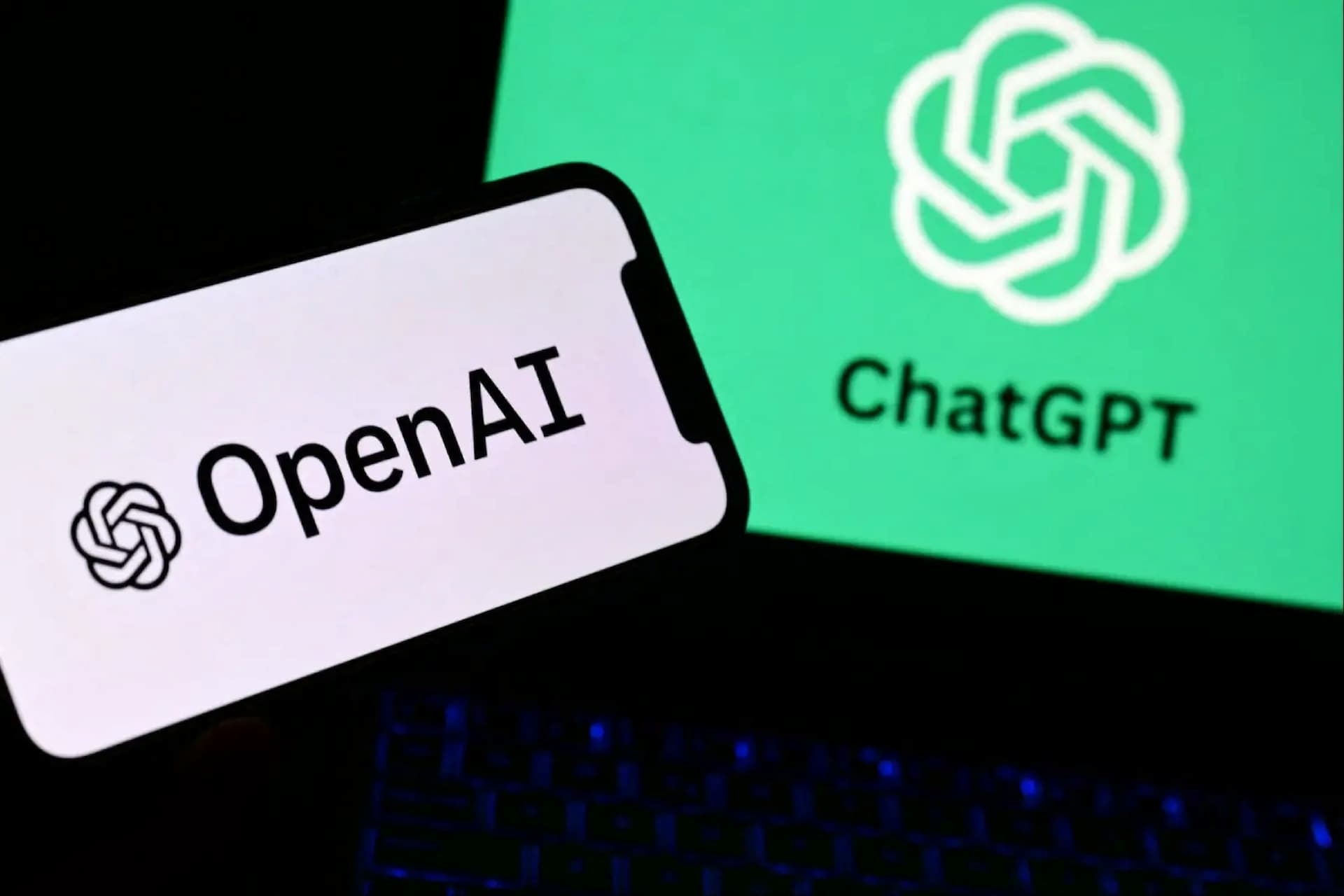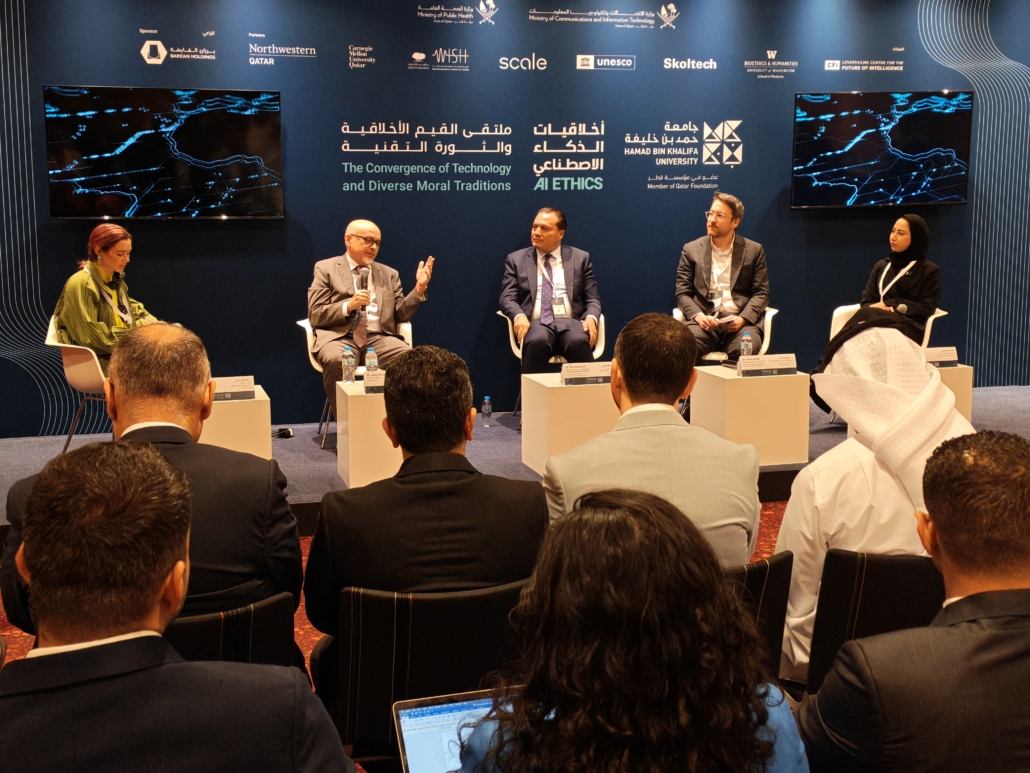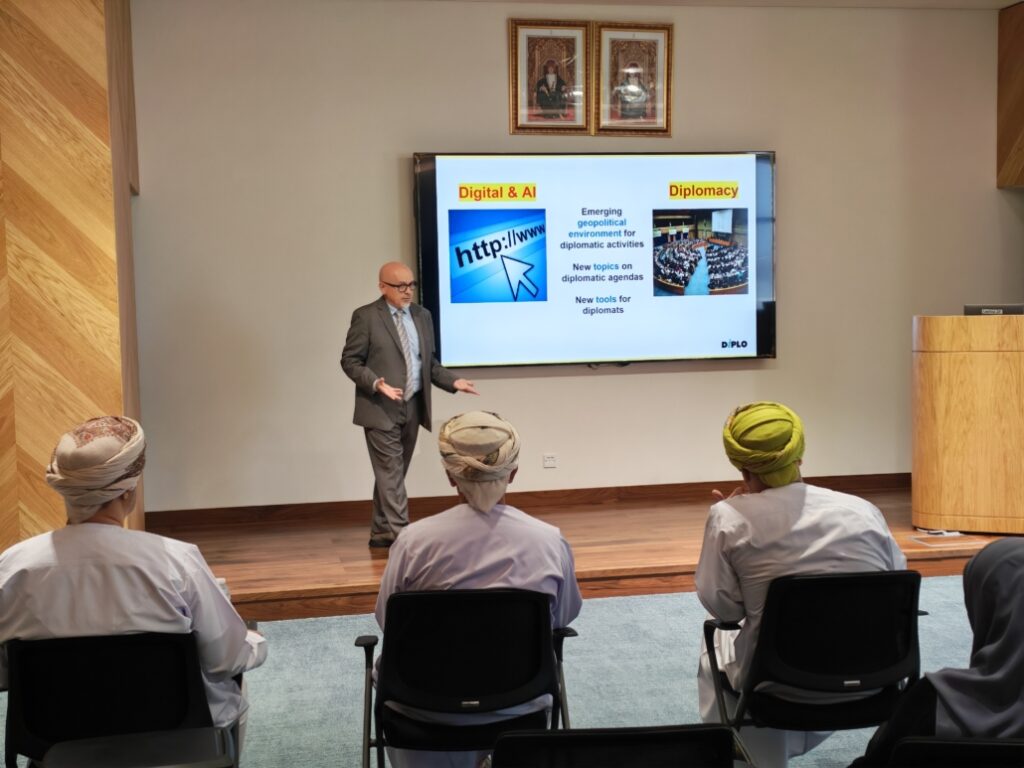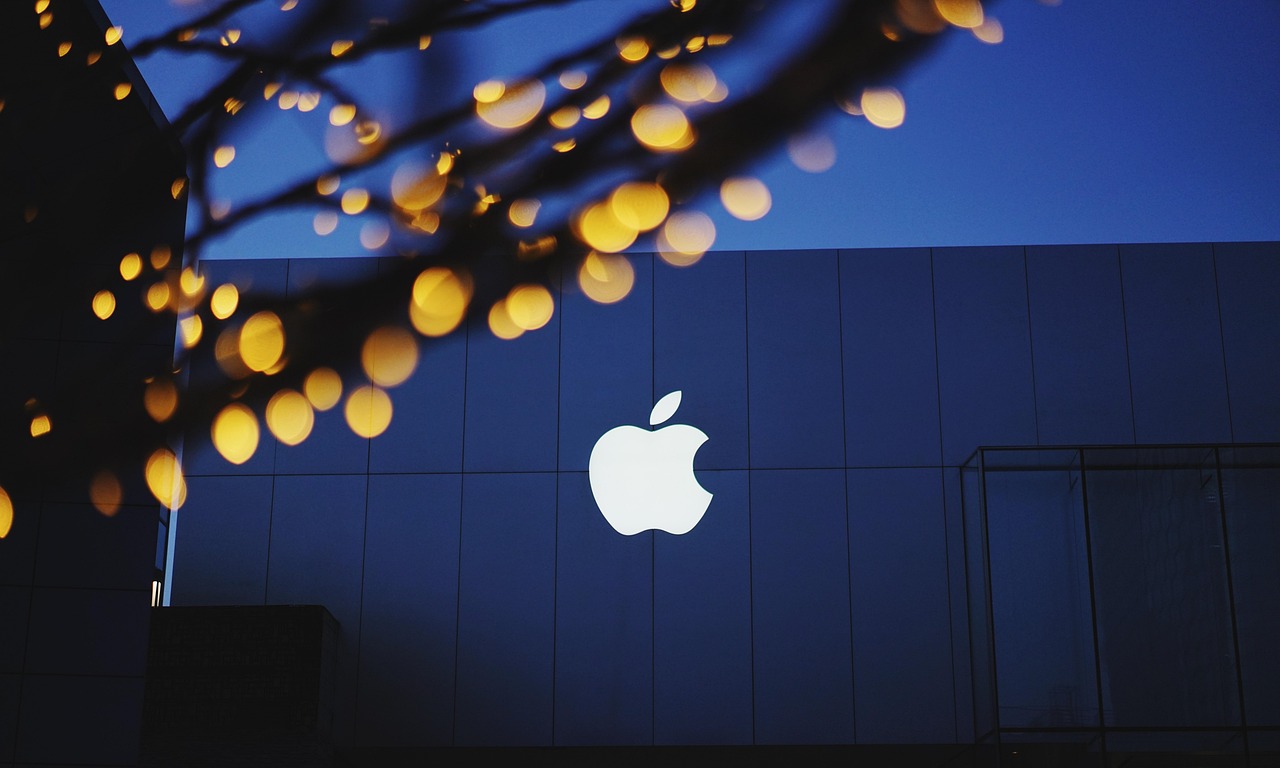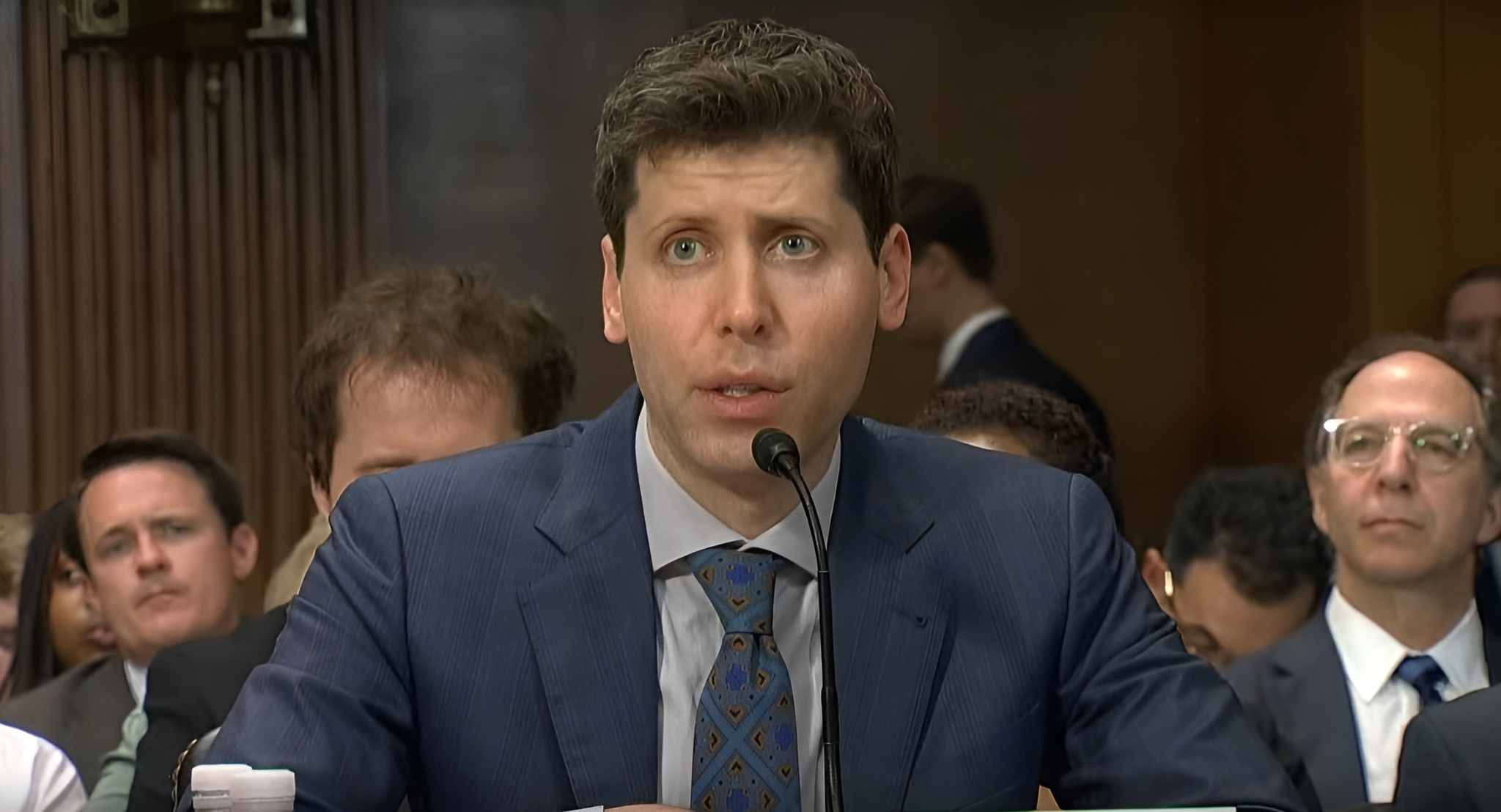After its announcement in May, Opera has started rolling out Neon, its first AI-powered browser. Unlike traditional browsers, Neon is designed for professionals who want AI to simplify complex online workflows.
The browser introduces Tasks, which act like self-contained workspaces. AI can understand context, compare sources, and operate across multiple tabs simultaneously to manage projects more efficiently.
Neon also features cards and reusable AI prompts that users can customise or download from a community store, streamlining repeated actions and tasks.
Its standout tool, Neon Do, performs real-time on-screen actions such as opening tabs, filling forms, and gathering data, while keeping everything local. Opera says no data is shared, and all information is deleted after 30 days.
Neon is available by subscription at $19.90 per month. Invitations are limited during rollout, but Opera promises broader availability soon.
Would you like to learn more about AI, tech, and digital diplomacy? If so, ask our Diplo chatbot!

